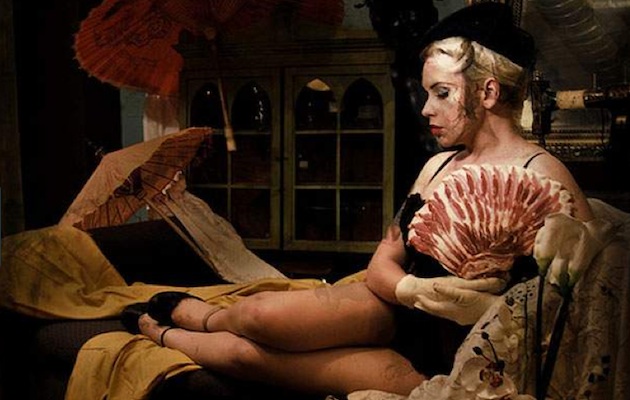 When romance novelist Jackie Collins died last month, she left behind some astonishing figures.
When romance novelist Jackie Collins died last month, she left behind some astonishing figures.
I could get my head around the fact that she had written 32 novels. I could even imagine what it must be like to have your books translated into 40 languages: it’s pleasing to imagine a punctilious Mandarin translator trying to find the perfect pictograms for “pulsating desire”. But when I read how many copies she’d sold, my mind boggled.
500 million. Do you have any idea of how much sweat you could wring out of the jodhpurs of 500 million romance novels? How many diamonds would come clattering to the floor as evening gowns are hastily pulled down over heaving, sun-kissed shoulders? If you piled all those books up into a single, tumescent tower of literary lust, how high would it go?
And then there’s the money. It’s a bit crass to marvel at the moolah of the recently departed, but it’s probably not a stretch to imagine that Ms Collins made hundreds of millions of dollars – that’s billions of rands – from her work.
In case you are wondering, I have not made billions of rands from my books. I was reminded of this over the weekend as I found one of them on a shelf in the CNA, its price reduced to R40. Which is obviously less than a billion.
For a moment I gazed at it, standing forlornly on the sale shelf, alongside shop-soiled copies of 2011’s bestsellers. I felt its shame. Once, in the heady summer of 2014, it had worn its price tag with pride. Of course, it was mostly just for show. Books are overpriced by about 400% in South Africa and nobody was going to pay the not-quite-a-billion-rand on the tag. But still, I remember how proud my little book felt to stand near the front of the shop, pretending someone might buy it, instead of waiting in the long queue that ends in the pulping machine.
We don’t do it for the money
I’m not complaining, mind you. Nobody in South Africa writes fiction for money. Whenever I tell people the figures they think I’m joking, and why wouldn’t they? Who in their right mind would spend a year ploughing heart and soul into something that will earn them about R10 000 after tax? How can it be possible that when you buy a novel for R180, the author gets about R10? As I said: we don’t do it for the money.
At least, we didn’t. But that’s changing. Local writers are becoming more strategic, abandoning literary fiction with its metaphorical farms, metaphysical windmills and total sales of 19 copies in favour of more commercial stuff. They are figuring out that in order to get very rich producing fiction for South Africans, all they have to do is write Banting-themed erotica in which someone is murdered and a grizzled Afrikaans detective tracks down the killer, and there is a colouring-in element.
To this end, I am working on a novel in which a young, naïve and very horny strip of bacon is seduced by a cold, sadistic and vastly rich potato (“She felt herself begin to sizzle as she gazed into his seven eyes .”). The potato then goes to Bloemfontein on a business trip and is found dead in a baking tray. (“Inspector Hempies de Gruwel took a drag on his Gunston and nodded. ‘Au gratin,’ he sighed. ‘Helluva way to go’.”) De Gruwel knows he’s only got one shot at redemption left (his marriage and his relationship with his estranged daughter, Cauliflower, have both disintegrated, thanks to his carb addiction). The climax involves a race against time, a chainsaw, bondage and cheese sauce, but you have to colour in the last six pages to see how it all ends.
Now and then I hear local fiction writers worry that they are being shut out by a hostile industry. I understand how they reach that conclusion. Most writers feel like outsiders, and if you believe you are standing on the outside, then you have to believe that there is an inside where insiders gather to drink cognac and smoke rolled-up R200 notes. Except as far as I can tell there is no inside. When it comes to South African fiction, there is only outside: a little meadow. You wander into it, and, for an hour or two, you are gently warmed by the sun, or taken out for lunch by your publisher, or interviewed by someone who hasn’t read the book. And then you wander out of the meadow, and find yourself in the CNA.
I am making peace with this little meadow. I’m figuring out that getting upset over how little South Africans read local fiction is like quilters getting upset that quilting isn’t a national sport.
Still, if Hempies de Gruwel doesn’t make me millions, I’m going to have to get a real job.
*
First published in The Times and Rand Daily Mail
Great piece. I can’t wait for ‘Hempies de Gruwel’.
LikeLike
I laughed out loud at the bacon gazing into the potato’s seven eyes. And Hempies de Gruwel sounds like fun – I think you should definitely write him.
LikeLike